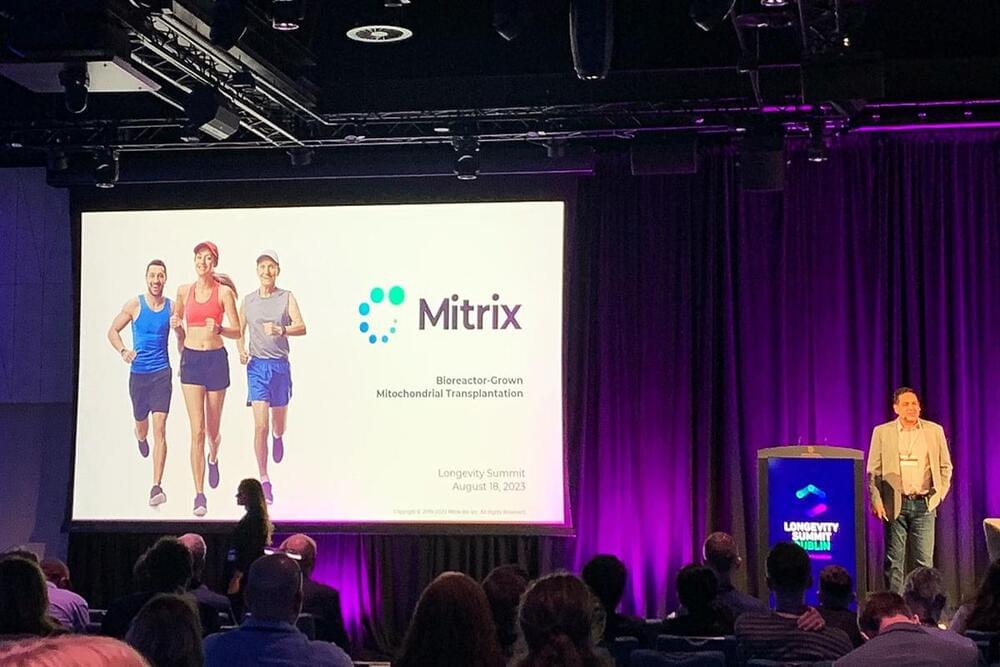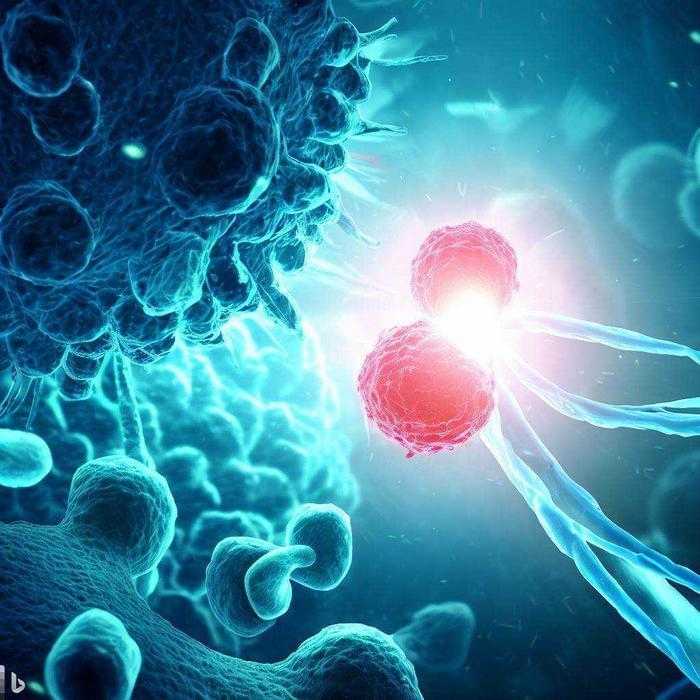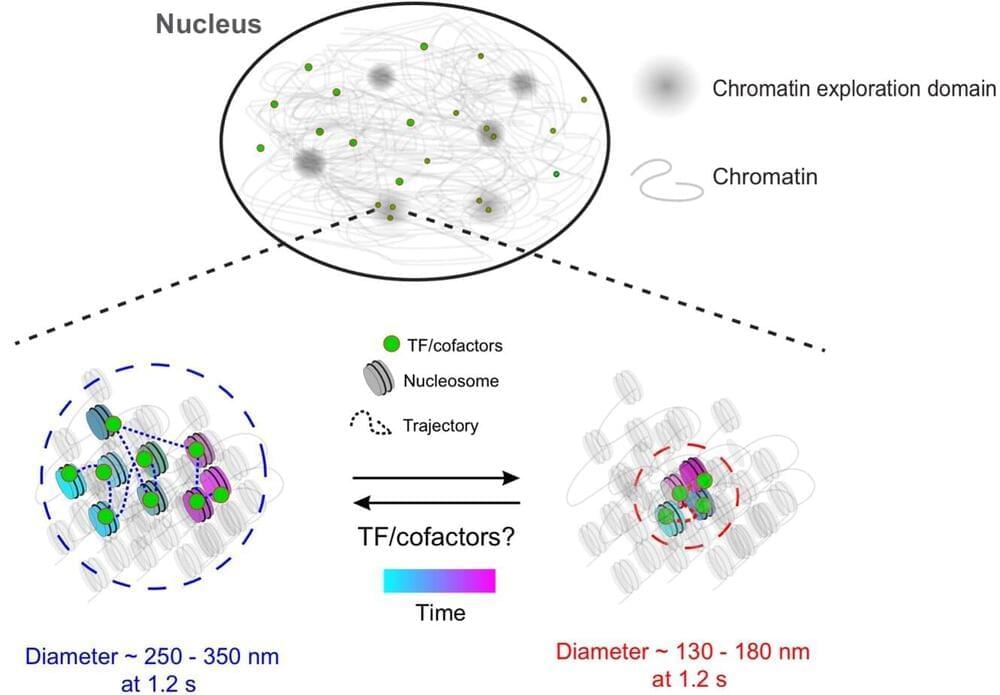Aug 18, 2023
Rapamycin Update What You Need To Know | Prof Matt Kaeberlein Ep1
Posted by Montie Adkins in categories: biotech/medical, life extension
This is a SURVEY result of Rapamycin users. Overall, it’s really good for you. It has not had a true trial as it is off-patent so it’s harder to get rich from it. Low dose use has minimal side effects if any at all. Many patients can get off-label prescription from their doctor.
Magnesium Breakthrough 10% Discount _https://bit.ly/3O5tPfu_ Code Modern10 This video brought to you by BiOptimizers.
Here Prof Kaeberlein provides some updates on rapamycin, in particular the results from the survey based trial that his team ran and thoughts on next steps for the supplement.
Continue reading “Rapamycin Update What You Need To Know | Prof Matt Kaeberlein Ep1” »

















